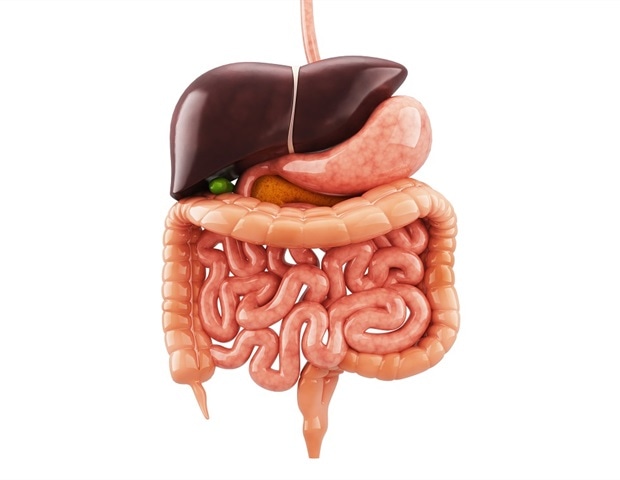Advancing personalized nutrition through microbiome research

When making decisions about nutrition and diet, the focus is often on the potential impacts to the heart or brain; and gut health can frequently end up an afterthought despite a whole industry revolving around probiotics and digestive aids. With its direct link to those two important organs, should gut health be prioritized more?
Imagine an entire civilization of trillions of microorganisms living in harmony inside of your digestive system. This microbiome is unique to each individual and varies greatly based on many genetic and environmental factors. The complexity of gut health can often make diagnosis of maladies difficult, especially when new variables are introduced. In fact, up to 90% of all diseases can be traced back to the gut and the health of the microbiome.
That’s why researchers at the National Center for Supercomputing Applications and the University of Illinois Urbana-Champaign are using Illinois Computes to develop methods of mapping the microbiome to help create personalized nutrition plans for individuals. Utilizing the Jupyter Notebook platform through the Illinois Computes Research Notebooks (ICRN) program, NCSA Genomics Research Scientist David Bianchi and a team of researchers designed metabolomic analyses that are accessible and reusable for dietary research targets such as corn, wheat and citrus.
To paraphrase visionaries in human health from Hippocrates to leaders of the Ayurvedic Movement, ‘If you don’t take food as medicine, you may soon take medicine as food.’ The dietary choices that we make day-to-day have a profound effect on our ability to live a healthy lifestyle. In this research, we hope to empower individuals to unlock their unique microbiome to achieve better health outcomes and choose a diet that truly works for them.
David Bianchi, NCSA Genomics Research Scientist
Researchers hope to create personal prescriptive nutrition platforms that could help medical professionals design diet plans and prescribe different pre- and probiotics tailored to each individual’s specific gut microbiome signatures and overall health goals. Additionally, developing a metabolite identification database would increase efficiency in diagnosis methods and outcomes.
The research was done in collaboration with the lab of Professor Isaac Cann at the Carl R. Woese Institute for Genomic Biology, as well as NCSA researchers Weihao Ge, Misael Trigo and Christina Fliege, and undergraduate Andrew Robinson, who is building an interactive dashboard where researchers and clinicians can visualize results. Robinson is part of the Center’s Students Pushing INnovation (SPIN) program and partially sponsored by NCSA’s Healthcare Innovation Program Office (HIPO), which provides powerful methods, tools and ecosystems for translational research and innovation in support of healthcare advancement.
Illinois Computes provided the tools researchers required to further their research.
“Illinois Computes has been pivotal in encouraging this collaboration and allowing us to develop targeted tools via research notebooks to allow researchers in the Cann Lab to analyze and uncover the hidden stories in the substantial Omics data they have collected developing this platform,” Bianchi said. “This collaboration has been a great opportunity to work with the professors, graduate and undergraduate students who do these experiments in the lab in order to develop analysis tools that work for them, and that they can further develop themselves to meet future project goals.”
Recently, Illinois Computes has bolstered research into supply chains, provided access to artificial intelligence computing, helped create visualizations for artistic performances and met the demands of campus researchers for the accessible platform of Jupyter Bianchi and the team successfully applied in their work.
Source:
National Center for Supercomputing Applications
link






